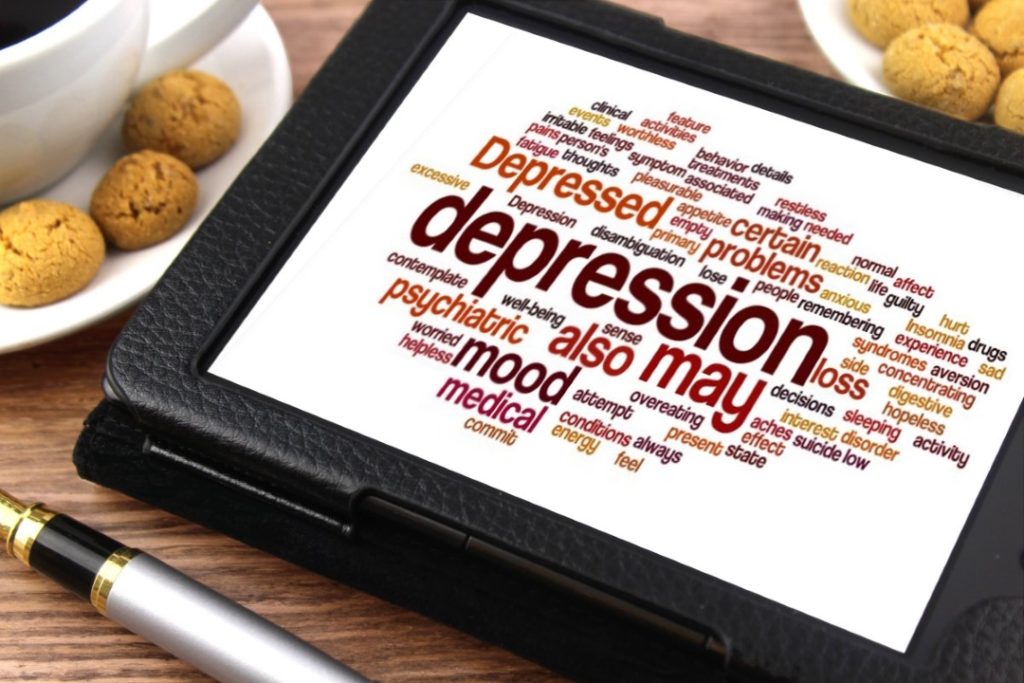
Contents
Depression – Let’s Talk
Depression is a common illness that affects people of all ages, from all walks of life, in all countries. Depression causes mental anguish and impacts people’s ability to carry out even the simplest everyday tasks, with sometimes devastating consequences for relationships with family and friends and the ability to earn a living. At worst, depression can lead to suicide, now the second leading cause of death among 15-29 year-olds.Yet depression can be prevented and treated. Talking with people you trust can be the first step towards recovery from depression. A better understanding of what depression is, and how it can be prevented and treated, will help reduce the stigma associated with the condition. This will lead to more people seeking help. It can be effectively treated, and people will usually recover from it. The earlier effective treatment is started, the better the chance of recovery.
Magnitude of the Problem – WHO Figures
Latest WHO estimates put more than 300 million people living with depression, an increase of more than 18% between 2005 and 2015. By the year 2020, WHO predicts that depression will be the leading illness replacing communicable diseases and over taking other conditions such as heart disease, diabetes, cancer etc..07th April, World Health Day, is the founding-day of the World Health Organization (WHO). The theme for 2017 is “Depression – Let’s Talk”.
Factors that Increase the Risk of Depression
- Poverty, debt
- Unemployment, loss of job
- Stressful life event such as the death of a loved one or a relationship break-up
- An emergency situation or disaster
- Physical illness such as a stroke or heart attack
- Chronic illness that reduces quality of life
- Problems caused by alcohol and drug use
People Who Need Support
Recognizing these symptoms in people who are close to you is just as hard as recognizing them in yourself. Often it is something trivial that does not seem quite right; you might see it in yourself or in someone else, or someone could see it in you. You should get extra help if you or someone you know:- does not want to see their friends or no longer enjoys spending time with their friends and family
- stops doing things they used to love or do not seem to be enjoying themselves (loss of energy)
- cannot remember things, concentrate, or pay attention (reduced concentration)
- feels bad about themselves – guilty, hopeless, worthless or ashamed
- has a big change in eating patterns or appetite
- has extreme mood swings
- is sleeping more or sleeping less than usual
- feels hopeless or really sad, or cry a lot
- feels anxious, stressed, nervous or scared a lot and cannot seem to relax (too much anxiety, restlessness)
- is not happy unless they are using alcohol
- does not take care of their appearance or personal hygiene
- have physical signs of injury or having thoughts of self-harm or suicide
- has panic attacks – rapid heartbeat, unable to breathe, feeling dizzy and extremely scared or anxious all at once.
Whom to Talk With
The best thing you can do for your well-being is talking to people you trust about how you are feeling and ask for help when you need it. You can talk to a friend or a family-member You can talk to your doctor or even call a helpline. Some helpline numbers in India:- Aasara 24×7 Helpline: +91-22-27546669
- Sahai Helpline: +91-80-25497777
- Sneha India: +91-44-24640050
- Lifeline Foundation Kolkata: +91-33-24637401
- ePsyclinic.com
- More links here from Indianexpress.com
Things That Matter
Here are things you can do if you are feeling depressed.- Keep up with activities that you enjoy and make you feel better.
- Stay connected with family and friends.
- Exercise regularly, even if its a short walk
- Stick to regular eating and sleeping habits
- Adjust your expectations about what you can accomplish; be more realistic
- Avoid or restrict alcohol intake – they can worsen the situation
- Yoga and meditation can help de-stress and lift the mood